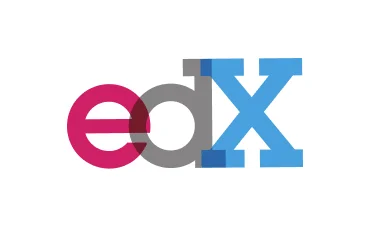When you enroll through our links, we may earn a small commission—at no extra cost to you. This helps keep our platform free and inspires us to add more value.

DartmouthX: Introduction to Environmental Science
A scientific study of the natural world and how it is influenced by people. Major topics include: food, energy, human population, biodiversity and global change.

This Course Includes
 edx
edx 0 (0 reviews )
0 (0 reviews ) 4 weeks at 5 hours per week
4 weeks at 5 hours per week english
english Online - Self Paced
Online - Self Paced course
course DartmouthX
DartmouthX
About DartmouthX: Introduction to Environmental Science
Introduction to Environmental Science, ENVX, was first offered in early 2015.
Environmental science is the study of patterns and processes in the natural world and their modification by human activity. To understand current environmental problems, we need to consider physical, biological and chemical processes that are often the basis of those problems. This course will give you the skills necessary to address the environmental issues we are facing today by examining scientific principles and the application of those principles to natural systems. This course will survey some of the many environmental science topics at an Beginner level, ultimately considering the sustainability of human activities on the planet.
Environmental impacts on Earth come from the number of people and the amount and types of resources that they use. By applying scientific principles and considering real-world examples, we will examine:
The field of environmental science and how to think like an environmental scientist
The human population and the ways in which changes in the population affect the environment
Agriculture, soils and the environmental implications of eating meat, vegetables, local, organic, sustainable, industrial and other types of food
Non-renewable fossil fuels with a focus on coal, petroleum and natural gas and the benefits and consequences of using each
Renewable fuels such as wind and solar and identify that even renewable “green” energy sources have impacts as well as benefits
Biodiversity and global change, which are the integrating units of environmental science
Education method
The course will utilize video lectures, interviews with experts, readings, discussions, multiple choice and prompted discussions and one graded quiz per week. There will also be several optional live office hours on Google Hangouts.
Completion of self-assessments, contributions to discussion and quiz scores will determine the final grade.
What You Will Learn?
- How to think like an environmental scientist .
- How natural systems are affected by people.
- An appreciation of your own impact on the environment.